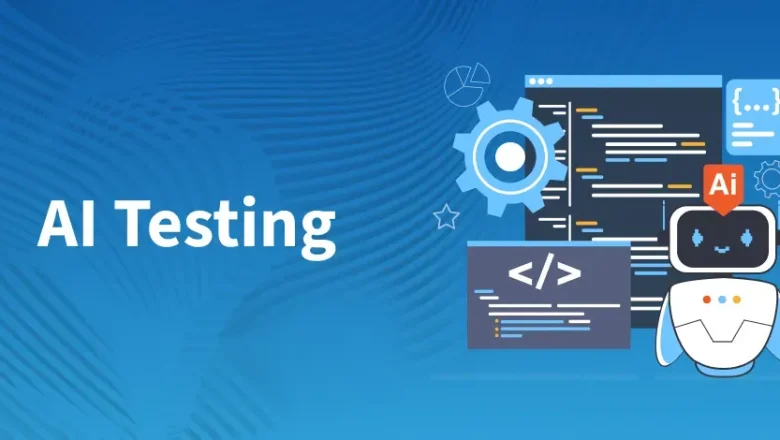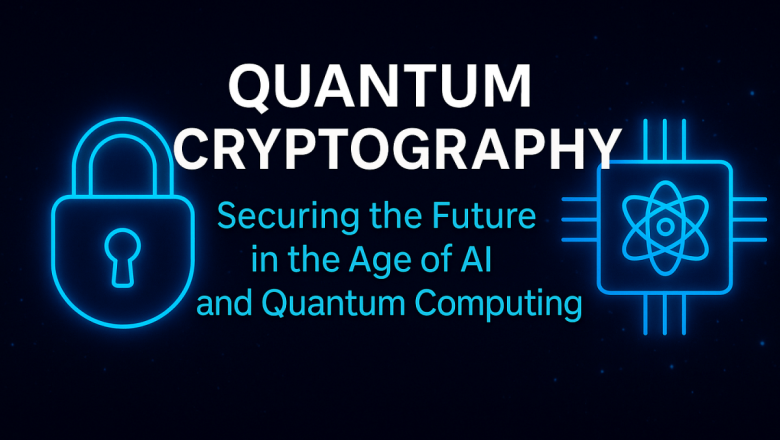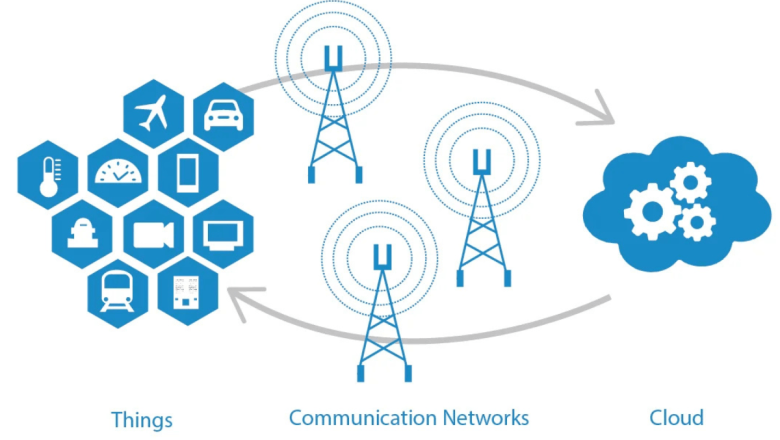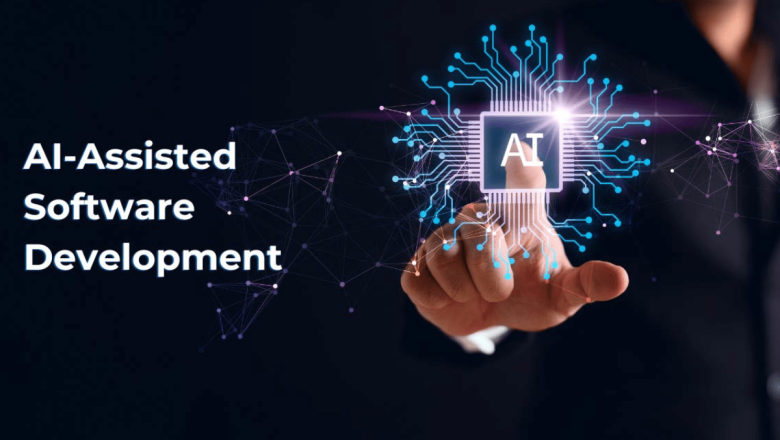
Smart Dust Technology: The Future of Micro Sensors
Introduction to Smart Dust Technology
Smart Dust technology represents one of the most groundbreaking innovations in the field of microelectronics and sensor networks.
It refers to tiny microelectromechanical systems (MEMS) that combine sensors, microprocessors, and wireless communication units into particles no larger than a grain of sand.
These minuscule devices can detect light, temperature, vibration, and chemical changes in the environment, transmitting data wirelessly to a central system for analysis.
How Smart Dust Works ?
Each Smart Dust particle operates as a self-contained sensing unit, powered by microbatteries or energy-harvesting systems like solar cells.
These particles communicate with each other and with base stations through wir...









